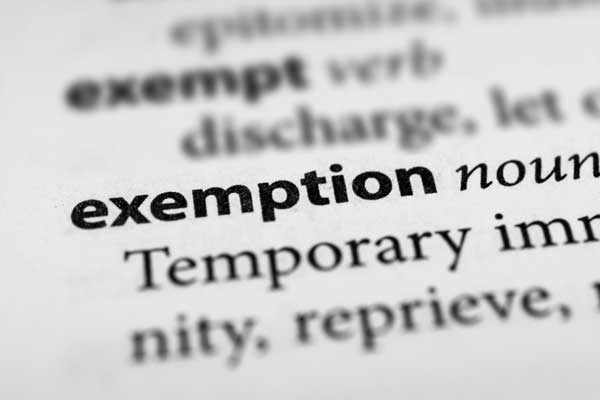
Sales tax exemption certificates are crucial documents that enable businesses to legally exempt certain transactions from sales tax. However, managing and organizing these certificates can be a daunting task, especially for companies dealing with a high volume of transactions. In this blog, we will explore the best practices for organizing sales tax exemption certificates, ensuring compliance, minimizing risks, and optimizing operational efficiency.
Sales tax exemption certificates serve as evidence that a transaction qualifies for exemption from sales tax. They protect businesses from potential audits, penalties, and unnecessary tax liability. By ensuring proper organization and management of these certificates, companies can save time, reduce errors, and maintain compliance with tax regulations.
Create a centralized and easily accessible repository for storing sales tax exemption certificates. Digitize these documents to eliminate the need for physical storage and enhance searchability. By using cloud-based solutions or document management systems, you can securely store and retrieve certificates whenever necessary.
Establish a standardized filing system to categorize and organize your sales tax exemption certificates efficiently. Consider organizing certificates based on exemption type, customer name, expiration date, or other relevant criteria. Consistency in your filing system will simplify the retrieval process, reducing the chances of misplacing or misfiling important documents.
Sales tax exemption certificates often have expiration dates. Implement a tracking system to monitor and notify your team about upcoming certificate expirations. This proactive approach ensures timely renewal or reacquisition of certificates, preventing potential compliance issues and disruptions in your business operations.
It's crucial to review the validity of sales tax exemption certificates periodically. Identify certificates nearing expiration and proactively communicate with customers to request updated documentation. By keeping your certificates up-to-date, you minimize the risk of accepting expired or invalid certificates and potential noncompliance.

Educate your sales, customer service, and accounting teams about the importance ofexemption certificates. Train them on proper handling, storage, and retrieval procedures, emphasizing compliance and accuracy. This ensures that everyone understands the significance of these documents and follows the best practices consistently.
Regularly conduct internal audits to ensure compliance and identify any gaps in your sales tax exemption certificate management process. These audits can help you discover potential errors, correct them promptly, and strengthen your overall certificate organization system. Consider involving a tax professional to provide guidance and ensure thoroughness in the audit process.
Utilize technology to streamline and automate your sales tax exemption certificate management. Implement software solutions that offer features such as automated expiration date tracking, electronic signature integration, and real-time compliance checks. These tools can significantly reduce manual efforts, enhance accuracy, and provide a seamless experience for both your team and customers.
Protect the confidentiality and integrity of your certificates by implementing robust security measures. Limit access to authorized personnel, encrypt digital files, and regularly back up your data to prevent loss. Ensure compliance with data protection regulations to safeguard sensitive customer information.
Keep up with changes in tax laws, regulations, and exemptions relevant to your industry and geographical location. Regularly review and update your processes to align with any new requirements. Subscribing to industry newsletters, attending tax seminars, or consulting with tax professionals can help you stay informed and ensure ongoing compliance.
We care about your data — privacy policy.